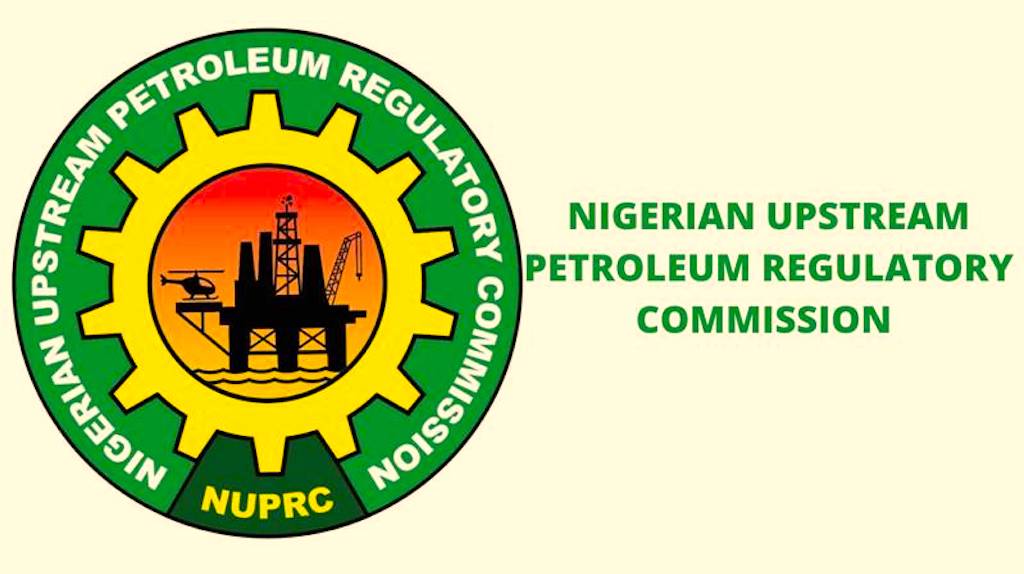In the light of recent happenings in the world of work in Nigeria, it is important to address the issue of Safeguarding or ‘Do No Harm’ principle. The incidents involving KWAM 1 on ValueJet and the violent treatment of Ms Comfort Emmanson on Ibom Air expose a clear manifestation of the abuse of power and privilege in the aviation world of work in Nigeria. From the National Assembly where a Senator is under a controversial suspension to the very recent case of a female corps member being harassed by security personnel, the list of safeguarding breaches in Nigeria is long.
Meanwhile, safeguarding simply means doing no harm to vulnerable adults and children. It is about taking action when abuse happens, especially in the workplace. Forms of harm include bullying, harassment, sexual exploitation, abuse, harassment or discrimination.
Sexual exploitation includes actual or attempted abuse of a person in a position of vulnerability on differential power for sexual purposes. Sexual abuse on the other hand, is any actual threatened physical intrusion of a sexual nature be it by force or under unequal or coercive conditions. Sexual harassment is a continuum of unacceptable and unwelcome behaviour and practice of a sexual nature and may include but not limited to sexual suggestions or demands, requests for sexual favour, verbal or physical conduct or gestures that are or might reasonably be perceived as offensive or humiliating.
The practice of safeguarding addresses any misuse of power. For example, in an organisation certain individuals have more power based on their gender, race, role, disability, employment status or education. And all these could cause people with less power to be at greater risk of exploitation and abuse.
At international level, Nigeria on 8th November 2022 became the 29th country to ratify the convention No. 187 promoting safe and healthy working environment, and became the 22nd country to ratify the International Labour Organisation (ILO) convention No 190 on violence and harassment in the world of work. According to ILO, it is the first international treaty to address violence and harassment in the world of work. It includes the first international definition of violence and harassment in the world of work, including but not limited to gender-based violence, and applies to the public and private sectors, formal and informal economies, and urban and rural areas. It recognises the different and complementary roles and functions of governments, employers and workers and their respective organisations, considering the varying nature and extent of their responsibilities.
What the situation requires is a holistic approach which addresses the organisational culture to ensure that robust safeguarding policies and practices are implemented. It also requires responsible and responsive leadership with an emphasis on respect for human dignity, equality of people before the law and inclusiveness. The culture of silence and impunity must no longer be accepted as part of the Nigerian landscape especially in the work environment.
Any organisation whose staff or leadership conducts their activities in a way that breaches safeguarding principles runs the risk of losing its reputation, facing a legal challenge or being shut down. If a retreat is being planned to address the recent incidents in the aviation industry, as announced by the Minister of Aviation, Festus Keyamo, safeguarding must be an integral part of the training as personnel need to unlearn, learn and relearn to do no harm in the world of work.
Dr Eleanor Nwadinobi, President of the Medical Women’s International Association and a Safeguarding expert
The post IMBIBING THE SAFEGUARDING PRINCIPLE IN NIGERIA appeared first on THISDAYLIVE.


